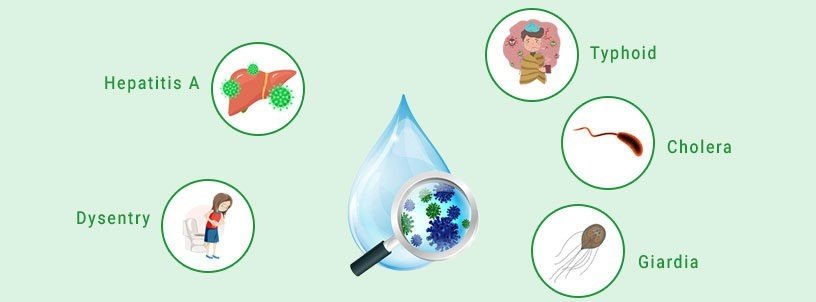The Directorate of Health & Family Welfare, Government of Nagaland has issued a public health advisory for prevention of waterborne diseases, DIPR has informed.
The following guidelines have been recommended by the health department –
- Boil water before consumption by bringing it to a rolling boil for at least one minute.
- Chlorinate water using tablets (1 tablet, 0.5 mgs) dissolved in 20 L of water and used after 30 minutes (contact time). If the temperature of the water is low, then increase the contact time.
- Drinking water containers must be thoroughly washed every day. Do not add clean and fresh water to stale or unwashed containers, as there is a grave risk of water contamination while doing so.
- Wash your hands with soap and water before eating food and after using the washroom. The contact period between the soap and water should be 15 to 20 seconds. This is an important component of personal hygiene in preventing waterborne diseases.
- Wash Fruits and Vegetables with clean water, and avoid consuming raw or undercooked seafood or other food items that may have been exposed to contaminated water
- Avoid eating stale food and other eatables left in the open
- Never keep Food and drinking water uncovered
- Avoid Swallowing Pool or recreational water; when swimming in pools, lakes, or recreational water areas, avoid swallowing the water as it may contain harmful pathogens.
- Maintain Proper sanitation by avoiding disposing of chemicals, medications, or other harmful substances down the drain or toilet, as they can contaminate water sources. Do not throw garbage near the water source.
- Avoid open defecation and urination in order to prevent contamination of water sources.
- Do not allow surface water to get into the well.
- Avoid water from ponds, lakes, streams, and canals. If, however, you have to depend on this source, purify it by using bleaching powder or by boiling it.
The department also advised anybody experiencing symptoms such as diarrhoea, vomiting, abdominal pain, fever, or any other signs of illness after consuming water or being exposed to potentially contaminated water sources to seek medical attention promptly. Inform your Health Care provider about any recent water-related activities and potential exposure, it said.


